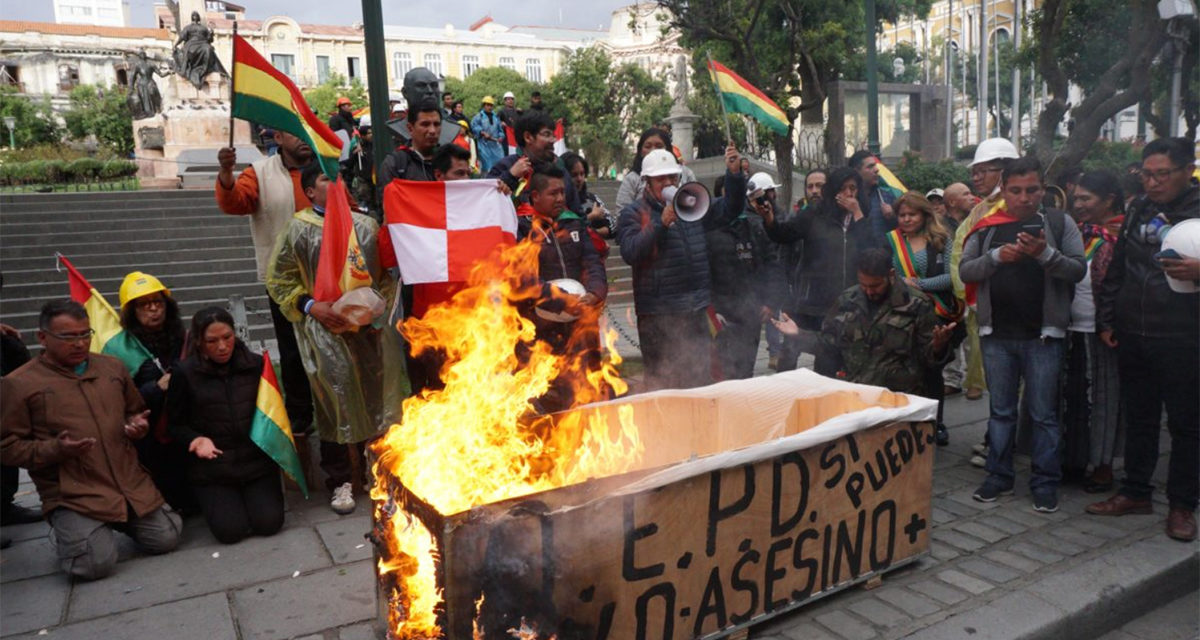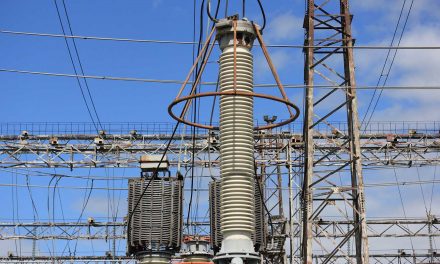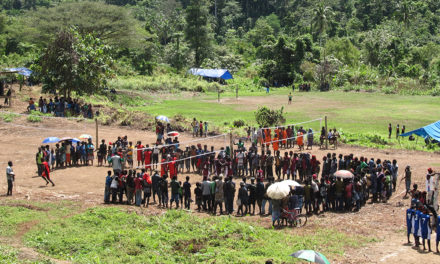Bolivia’s President Evo Morales has resigned after weeks of protests caused by the backlash against a disputed election that took place last month.
The October 20 election saw Morales win by 47.08% of the vote, however, suspicion arose after the preliminary count was suspended, where Morales was not leading by the required 10-point margin, and the subsequent release of the official count which saw Morales win by over 10% of the vote.
Things only intensified after a report was released by the Organisation of American States (OAS). The OAS report called for the election to be annulled after evidence of ‘clear manipulation’ was found during an audit of the vote. According to the OAS, it wasn’t statistically likely for Morales to have secured the 10% margin of victory needed to win and recommended Bolivia use a different electoral process in the future.
While Morales said that he would call new elections and replace members of the electoral board that came under fire for allegations of electoral fraud, there have been increased calls for his resignation – most notably by the commander of armed forces Williams Kaliman. Ultimately, this culminated in Morales resignation.
Dissatisfaction Against Government
Frustration against the ruling government has stemmed from several reasons. Aside from the possible electoral fraud, many have been disillusioned with President Morales for some time. Morales has been in power since 2006 and is the country’s longest-serving President after serving nearly 14 years in office.
Bolivia’s constitution limits the number of terms to two – Morales had already served three terms, one of which was before the limit was introduced, and thus couldn’t run a fourth time. However, the Supreme Tribunal of Justice ruled that term limits will be abolished for all public offices, allowing Morales to re-run. Despite the legality of it, many criticised Morales for running again.
US Interference?
However, amidst the immense backlash, there has been widespread support for the President and criticism of what many – including Morales – are calling a military coup. Aside from being the country’s first indigenous President, Morales tenure has been regarded fondly for bringing stability and economic progress to South America’s poorest country. Morales has helped facilitate the construction of new roads, curbed inflation and sent Bolivia’s first satellite into space.
There have been many concerns over the OAS report not being clear enough. The Center for Economic and Policy Research found there to be no evidence that the October 20 elections were affected by irregularities and fraud and statistical data showed that the tally sheets were consistent with Morales first-round victory.
This leads to the question – what is the OAS’ agenda? The organisation receives 60% of its funding from the United States and many believe that the US is using this as leverage over the organisation to possibly destabilise the country. Many have called out the Trump administration for backing the right-wing military coup.
A tweet from the Secretary of State Mike Pompeo added fire to the sentiment – it read: “Fully support the findings of the @OAS_official report recommending new elections in #Bolivia to ensure a truly democratic process representative of the people’s will. The credibility of the electoral system must be restored.”
Attitudes were completely different in Latin America, where many of the governments showed support for the President. From Nicaragua to Venezuela, officials expressed solidarity for Bolivia and its ex-President, with Mexico even offering asylum if Morales ever sought it.
Photo Credit: The Mary Sue
- This Artist is Making the Underwater Arena His Canvas - 28th April 2021
- A Video Game that Promotes Peace and Conflict Resolution - 15th March 2021
- Netflix’s ‘Living Undocumented’ is a Difficult Series to Watch, and Exactly Why We Should - 9th March 2021






